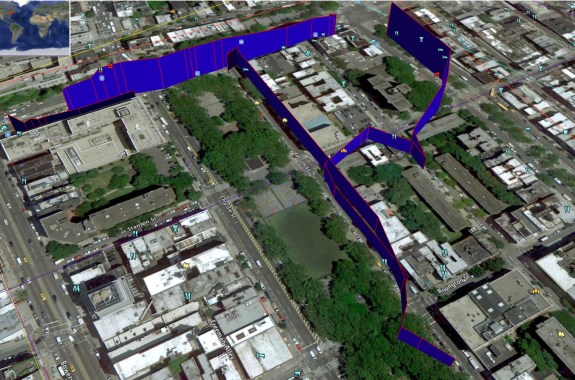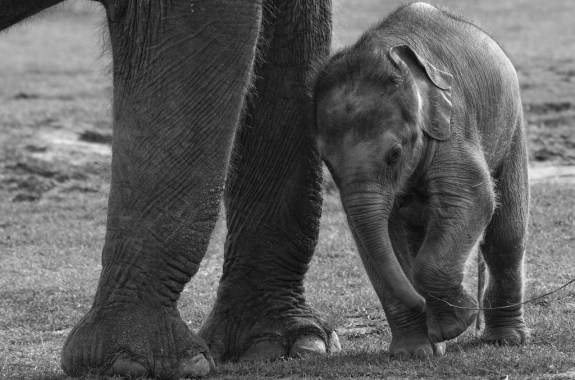Audio
Listen to Science Friday live on Fridays from 2-4 p.m. ET, or listen to our daily podcast
BROADCASTS
Listen to the full 2-hour Science Friday broadcast, from last week or any week you like.
12:09
Sexual Harassment Allegations, Doggie Dementia, and Cuban Internet
BuzzFeed News science reporter Azeen Ghorayshi talks about the sexual harassment accusations against astronomer Geoff Marcy, as well as other selected short subjects in science.
22:40
Can Science Help Build Happier Cities?
Cognitive neuroscientist Colin Ellard studies how our streetscapes shape our bodies, brains, and behavior.
11:07
The Hunt for Dark Matter
In this week’s Video Pick, scientists hunt for dark matter deep below the Earth’s surface.
11:44
Forecasting the Flu
Researchers seek to track the flu using nasal swabs and search engine queries.
23:13
Do Or DIY This Halloween
Green fire, magic mirrors, fiber optic fairy wings—just a few of the ways to geek out this Halloween with do-it-yourself projects.
10:57
Can You Hear Me Now? Why Mobile Audio Still Lags
Will services like HD voice—which doubles the sample rate for voice calls—clear up our mobile audio quality issues?
11:56
Pluto’s Haze, a Michigan Mammoth, and Antioxidants and Skin Cancer
Pluto’s blue skies, a woolly mammoth in Michigan, and whether antioxidants help with the treatment of skin cancer.
24:47
2015 Nobel Prizes: Mysteries of the Cosmos and Our DNA
This year’s crop of Nobel Prizes were unveiled this week, and the awards go to parasite-zapping drugs, a DNA repair kit, and the mystery of missing neutrinos.
9:09
Anxious About Math? Count an Elephant’s Toenails
An iPad app helps first graders improve how well they do in math.
12:06
Could Gene Therapy Be One Step Closer to the Clinic?
An experimental gene therapy for treating congenital blindness is reported to have positive outcomes in a Phase III clinical trial.



